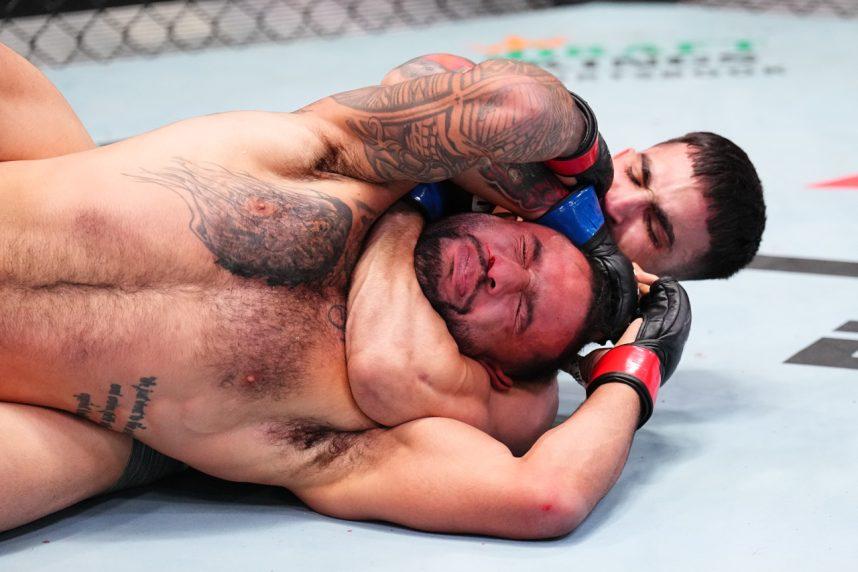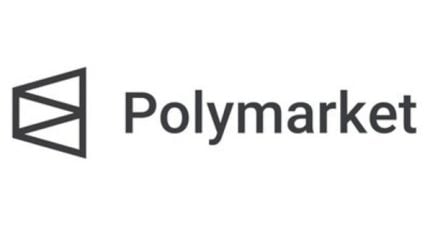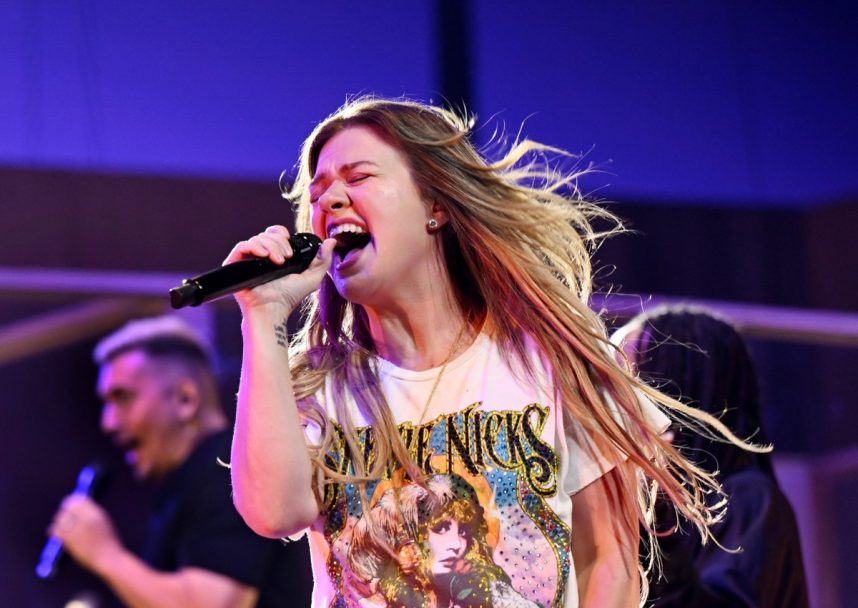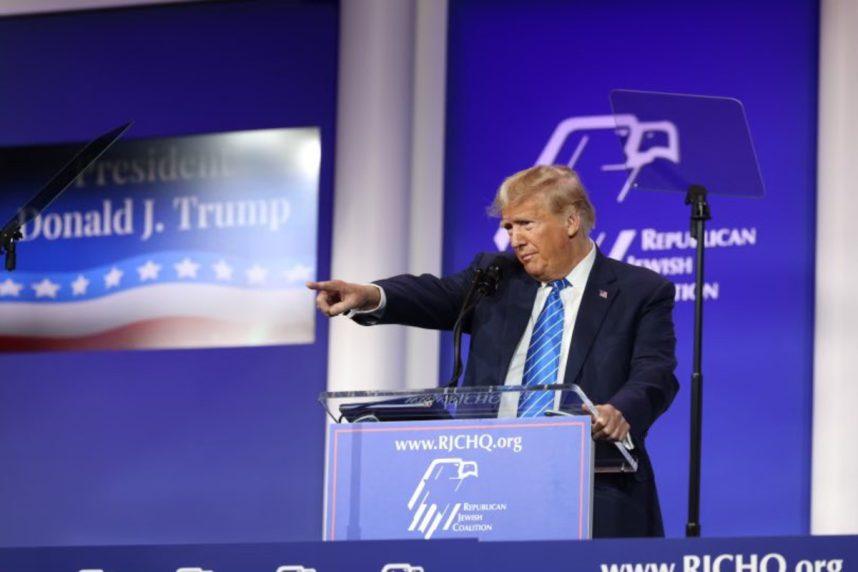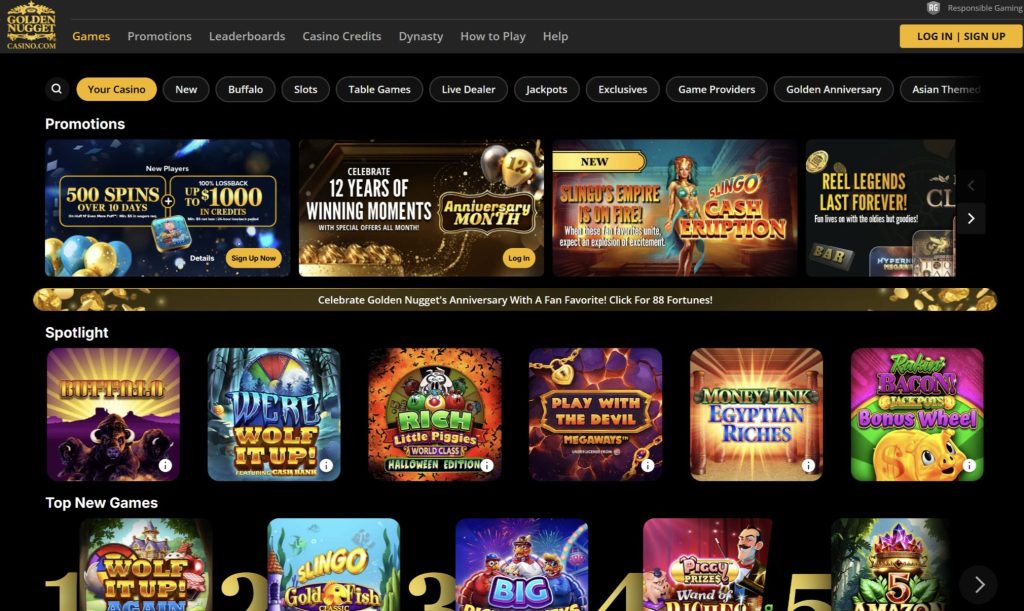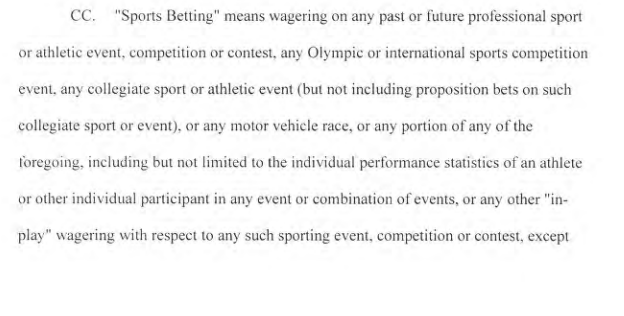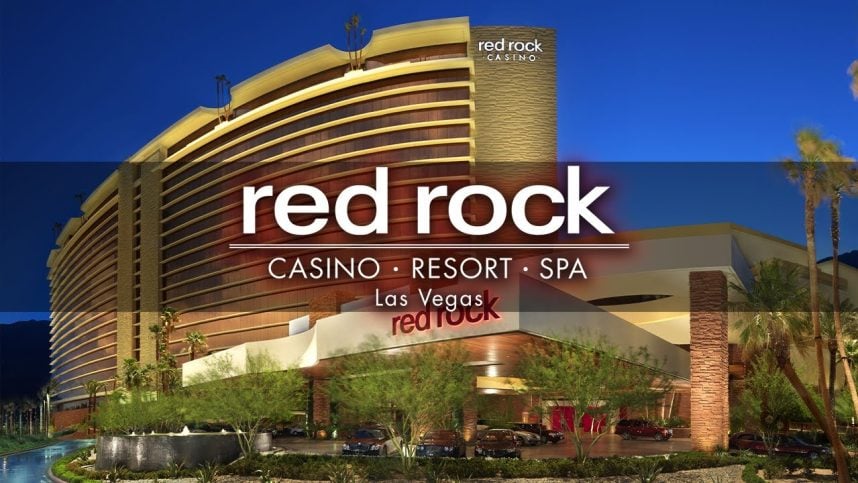Independent upper house MP Meg Webb and lower house MP Kristie Johnston are advocating for a statewide ban on gambling advertising and sponsorship in all publicly owned or state-funded venues across Tasmania, Australia.
Webb and Johnston Set Motion for Ban on Gambling Ads in State Venues
Webb and Johnston plan to introduce the motion in parliament this month, contending that gambling advertising during sporting events has normalized betting as part of everyday life. The proposed ban would apply to signage, digital advertising, uniforms, and broadcast content at all state-owned or publicly funded venues. It would also cover future developments, such as the new Macquarie Point Stadium project, ensuring these restrictions remain in place for generations to come.
According to local news outlet Pulse Tasmania, the proposal aligns with key recommendations from a 2023 federal parliamentary inquiry into online gambling, many of which remain unimplemented at the national level. Webb and Johnston argue that Tasmania can take independent action to adopt these recommendations, aiming to reduce public exposure to gambling promotions and associated harm while federal progress remains stalled.
The motion also sets clear implementation timelines: if approved, agencies would have 12 months to establish and enforce the ban. Additionally, it requires the government to present a progress report to parliament after six months, detailing compliance measures, transitional arrangements, and any granted exemptions.
The Alliance for Gambling Reform has voiced its support for the motion, describing it as a public health initiative that could set a precedent for other states. Spokesperson Mark Kempster said the overwhelming presence of gambling advertising has conditioned audiences, particularly young people, to view betting as an inherent part of sport. He added that eliminating gambling logos and sponsorships from state-funded venues and events would help de-normalize gambling culture and reduce exposure among minors.
Webb and Johnston’s plan is one of a series of initiatives aimed at further regulating the Australian gambling scene recently. For example, last month Northern Territory crossbenchers called for overhauling Australia’s online gambling regulator, claiming the system has grown too large and powerful to function without proper oversight.
Data Seems to Support Gambling Ads Ban
Webb and Johnston’s plan has a high chance of succeeding if we factor in the public’s opinion. Data cited by the motion’s proponents shows strong backing for stricter regulations. National polling indicates that 75% of Australians support a complete ban on gambling advertising, with support rising to 81% for restrictions on online gambling promotions. According to a 2022 survey of AFL fans, reported by Pulse Tasmania, 79% favored removing gambling advertisements from AFL venues.
Additional data from the Australian Gambling Research Center also sheds light on the motivations behind the proposal. It shows that around three million Australians participate in harmful gambling behaviors, with young adults aged 18 to 24 nearly twice as likely to fall into the high-risk category compared to other age groups.
Tasmania’s parliament is expected to debate Webb and Johnston’s motion in December, with advocates describing it as a crucial test case for other states and territories.

 8 hours ago
19
8 hours ago
19



